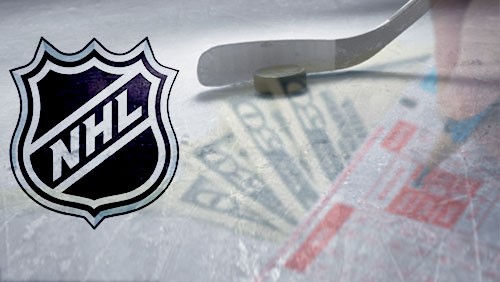
Since the epidemic’s spread in the beginning of the year, disruption to sporting events became inevitable. While some leagues were between seasons, others were left high and dry when games were suspended indefinitely. There was no immediate timetable for return and no certainty that competition could resume in the absence of a vaccine. However, a resumption of competition would come only after much planning and hopefully, by then, a decrease in the prevalence of infections. Unfortunately, the latter was not the case and on-field excellence athletic is once again forced to share headlines with illness and death. Yet, there has been a clamoring for sports and the normalcy it paints. And in an attempt to save their abandoned seasons and prevent undue disruption to new ones, leagues have been formulating plans and guidelines. Here are how the major sports are contending with the Covid-19 pandemic.
NBA – The NBA was one of those sports interrupted by the spread of Covid-19, coming just after the 2020 All-Star break. On March 11th, the season was indefinitely suspended while the league office formulated a course of action. Should the league try to finish the remainder of the season or should it just be cancelled? Eventually, NBA Commissioner Adam Silver announced the creation of a bubble in Disney World where 16 invited teams would compete for a chance to appear in the playoffs. Players who didn’t want to risk infection were granted the option to opt out of the season. While the bubble has so far been a success, the late restart raised additional questions about the customary October start for the league’s 2020-2021 season. While not offering a concrete date for the beginning of the new season, the NBA has dismissed any idea of a pre-Christmas commencement citing a rest requirement for those who played deep into the playoffs.
NFL – The NFL was one of those leagues that escaped having their season upended by the Covid-19 pandemic. With the 2019 season concluding in February, league Commissioner Roger Goodell’s only concern was how the 2020 season would unfold. This was especially concerning since 59 players had tested positive before the season even began. The pandemic forced the NFL to conduct its first virtual draft where draft picks watched on from home. The NFL also released its plan for playing games in the face of a pandemic. Guidelines included authorization for any player wishing to opt out of the season, frequent testing for players and staff depending on the situation, outfitting players with proximity tracing devices to aid contact tracing, and helmets outfitted with optional plastic mouth shields. However, the NFL let individual teams decide whether or not they were going to admit fans. So far only the Cowboys, Chiefs and Dolphins have okayed fan attendance, albeit with restrictions such as heavily reduced capacity and an insistence on the wearing of face masks.
MLB Odds – Like the NFL, Major League Baseball standings was lucky not to have its season interrupted by the Covid-19 pandemic. However, the way forward seemed unclear and after many contentions and fruitless meetings with its Players Association (MLBPA), Major League Baseball imposed its own rules for the return of baseball. These stipulations included a heavily reduced 60 game season, fanless games for the foreseeable future, a rigorous testing schedule, and mandatory mouth coverings except when on the field. MLB has also directed teams to limit travelling entourages to the bare minimum and to avoid place where people are likely to congregate such as bars, malls and lounges.
NHL – The National Hockey League was one of those entities unlucky enough to suffer a pandemic-interrupted season. With the virus spreading across America, the NHL 2019-2020 season was suspended indefinitely on March 12th. However, a little over two months later, both the NHL and the National Hockey League Players Association (NHLPA) agreed on a framework that would set the stage for the resumption of competition. The agreement effectively scrapped the rest of the regular season while also creating an expanded Stanley Cup Playoff series where the top 12 teams from each conference would compete. These playoffs would be held in only two cities (Toronto and Edmonton) and there would be no fans in attendance and limited staff
Since the pandemic began to spread across the United States, it was a foregone conclusion that returning to a state of normalcy was going to take an immense amount of work, dedication and sacrifice. What is clear is that there is no definite path that will see a safe resumption of competition, in the absence of a vaccine. However, there is an unmistakable hope that these efforts will help athletes and fans recreate a little of what was lost.




